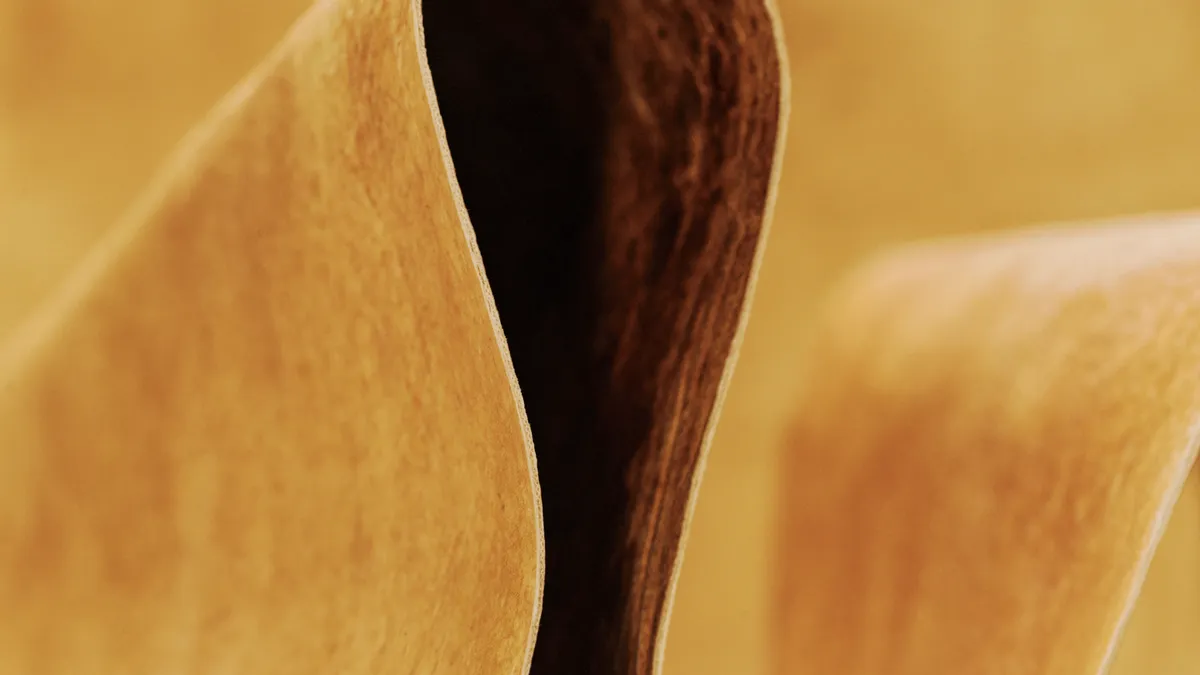Dive Brief:
- MycoWorks, a mushroom biofiber firm, is opening a 136,000-square-foot commercial-scale production plant in September, according to a release sent to sister publication Fashion Dive.
- The Union, South Carolina-based plant will employ more than 350 people, and the company stated it could supply millions of square feet of its leather alternative material Reishi each year.
- Financing to build the South Carolina factory comes from a $125 million funding round that MycoWorks closed in January 2022.
Dive Insight:
Earlier this year, the company released three new finishes for its proprietary Reishi material, which is made from mushroom-derived, mycelium-grown materials that behave similarly to some animal leathers. Brand partners currently include Hermès, Ligne Roset and GM.
“This is the moment the luxury industry has been waiting for; a plastic-free leather alternative that offers undeniable beauty and performance — at scale,” Patrick Thomas, former CEO of Hermès and MycoWorks board member, said in the release. “Now that the challenge of supply has been solved, brands will move quickly to commercialize items made with Reishi.”
The company’s proprietary Fine Mycelium production process cultivates mycelium in a controlled environment, which in turn creates sheets of Reishi, a leather alternative material. In addition, MycoWorks is vertically integrated and owns its technology stack, as opposed to licensing or outsourcing, which allows the company to maintain control of its production process.
“There have been two barriers to the decades-long search for a luxury leather alternative: product quality and scalable manufacturing,” Matt Scullin, MycoWorks CEO, said in the release. “In 2016 we eliminated the first by introducing Reishi to the world, and in September 2023 we are answering the question of scale with this state-of-the-art facility in South Carolina.”
The hunt for high-tech, biodegradable fibers and materials has heated up as sustainable fashion sourcing becomes increasingly important to industry executives. A recent report by global nonprofit Textile Exchange found that fossil-fuel-derived materials make up the majority of fabric used in clothing — about 65% in 2021. Even so, a 2020 United Nations report found that fiber production only accounts for 12% to 15% of a garment’s climate impact.
Another mushroom textile fiber company, Bolt Threads, earlier this year paused production of its leather alternative material, called Mylo, after it failed to raise enough funds to continue.

















